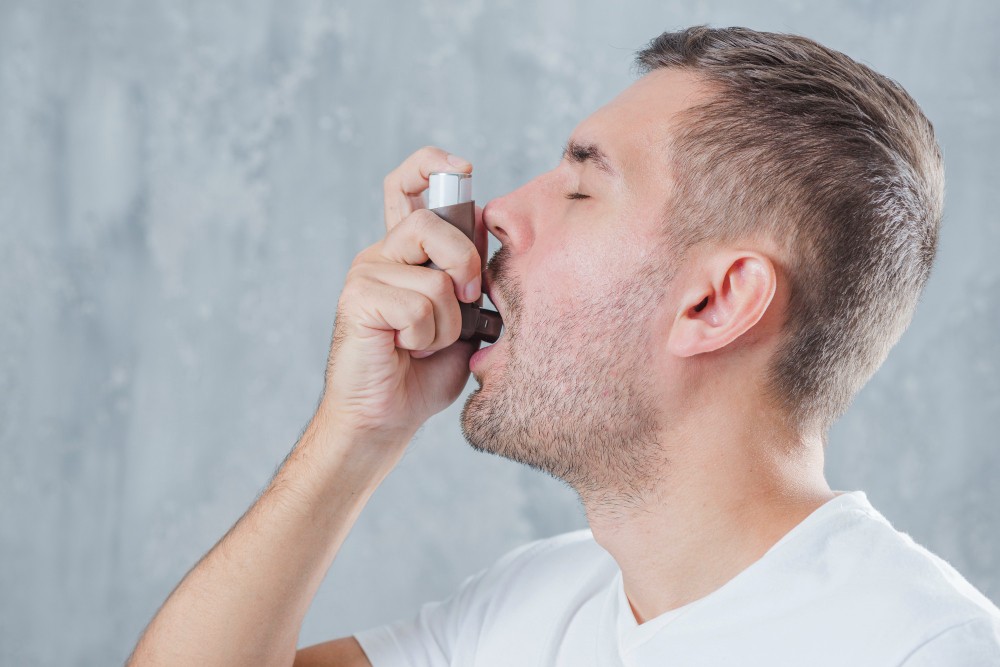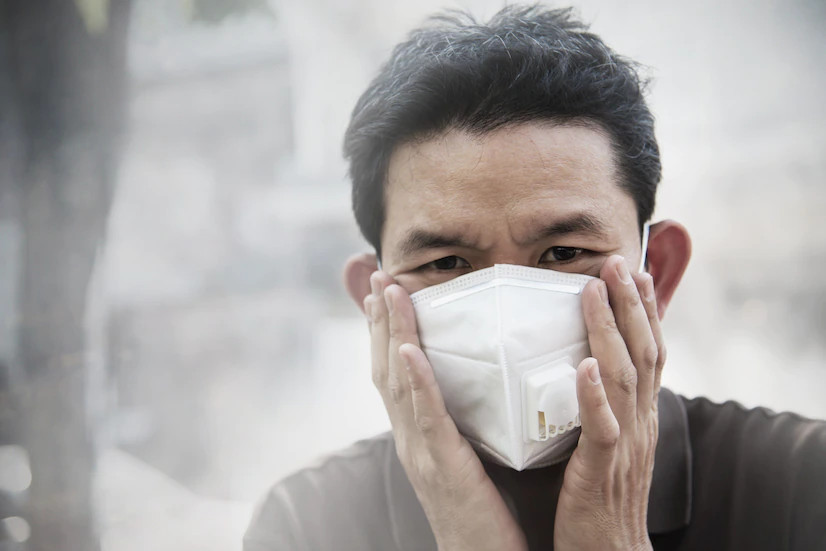Many people with asthma experience nighttime relapses, often with symptoms like coughing and shortness of breath that can disrupt their activities. Curious about what causes these nighttime asthma attacks and how to manage them? Read on to find out more.
Why Does Asthma Relapse at Night?
Asthma is a respiratory condition where the bronchial tubes become inflamed, leading to difficulty breathing. During an asthma relapse, symptoms may include:
- Chest tightness
- Coughing
- Wheezing
- Shortness of breath
For some asthma patients, these symptoms frequently occur at night or during sleep—a condition known as nocturnal asthma.
Studies have shown that many asthma sufferers have experienced nocturnal asthma at least once. Another study in Academic Pediatrics also highlighted that children between ages 4-10 with persistent asthma are particularly prone to this condition.
While the exact cause of nighttime asthma relapses remains unclear, researchers have observed that respiratory function often decreases at night, which can trigger breathing problems. In people with asthma, this can increase the likelihood of a nighttime relapse.
Factors thought to contribute to asthma attacks at night include:
- Sleeping position
- Increased mucus production
- Sinusitis
- Disruptions in circadian rhythms
- Exposure to allergens like dust mites in bedding
- Delayed allergen responses manifesting at night
- Lower epinephrine levels, which normally help keep airways open
- Higher levels of histamine, which can constrict the airways
- Gastroesophageal reflux disease (GERD) causing acid to reach the throat
- Psychological stress
- Sleep disorders such as sleep apnea
- Cold air
- Obesity
- Smoking
- Eating foods high in sulfites before bed, like grapes, dried fruits, processed potatoes, or shrimp
Treatment and Prevention of Nighttime Asthma Attacks
If you suffer from nighttime asthma attacks more than once a week despite receiving treatment, it’s important to consult your doctor. A doctor can identify potential triggers and assess the effectiveness of your current treatment.
If you don’t have a history of asthma but are experiencing symptoms at night, a medical evaluation is recommended to determine the cause and provide appropriate treatment.
There is no specific treatment exclusively for nocturnal asthma, but available therapies aim to relieve symptoms. Treatments for nocturnal asthma may include:
- Inhaled steroids to reduce inflammation
- Oral medication or a nebulizer for symptom relief
- Addressing potential triggers, such as:
- Managing stress effectively
- Treating GERD
- Maintaining a healthy weight
- Exercising regularly
- Eating a balanced diet
- Avoiding smoking
In addition to these treatments, adjusting the sleeping environment and position can also help reduce nighttime asthma symptoms. Here are some tips that may help:
- Remove allergens from the room
- Keep pets out of the bedroom
- Avoid using air fresheners
- Keep asthma medication within reach of the bed
- Ensure good air circulation in the bedroom
For some people with asthma, nighttime attacks can be common. If these symptoms occur frequently during the week, it’s best to consult with a healthcare provider.
If you have any questions about your health, you can use the consultation feature on the Ai Care app, available for download on the App Store and Play Store.
Want more information about other health conditions? Click here!
- dr Hanifa Rahma
WebMD Editorial Contributors. (2022). Nocturnal Asthma (Nighttime Asthma). Available from: https://www.webmd.com/asthma/nocturnal-asthma-nighttime-asthma
Newson, R. (2023). Nocturnal Asthma. Available from: https://www.sleepfoundation.org/sleep-related-breathing-disorders/asthma-and-sleep
Duggal, N. (2020). What You Should Know About Nocturnal Asthma. Available from: https://www.healthline.com/health/nocturnal-asthma
Allergy & Asthma Network. What Is Nocturnal Asthma?. Available from: https://allergyasthmanetwork.org/what-is-asthma/nocturnal-asthma/












